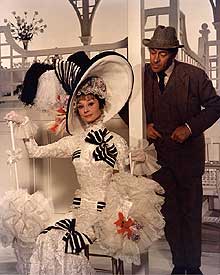
Following close behind Denial, we have Anger.It occurs when when the deflecting barrier of Denial and Isolation wears out and the first bits of reality begin to permeate soul and body. In a frantic effort to expel the invading truth we vent. Yelling, pacing, and perhaps even violent behavior can be expected. This torrent of anger may be directed at almost anything, animate or inanimate whether it is the offending element or not. In the case of loosing a loved one, you may even direct your anger at the one you are losing or have lost. As time passes you know and remember that you love them, but you blame them for being weak, perhaps even going as far as to wish that you had never known them so you wouldn't have to suffer so. Knowing that what or who you are focusing your anger on is blameless only makes you more angry. The only way to get past this stage is to let it out. Try to vent your anger in the least destructive way possible. Screaming into a pillow and then punching it a few times is a personal favorite of mine. It sure beats letting it fester inside you and destroy your appearance and mood. After you have expunged the anger from yourself, feel free to lay on your bed and stare up at the ceiling and move on to the next step. The most important thing to remember is not to repress your anger, you just need a constructive outlet. Or at least one that will not be overly destructive.



